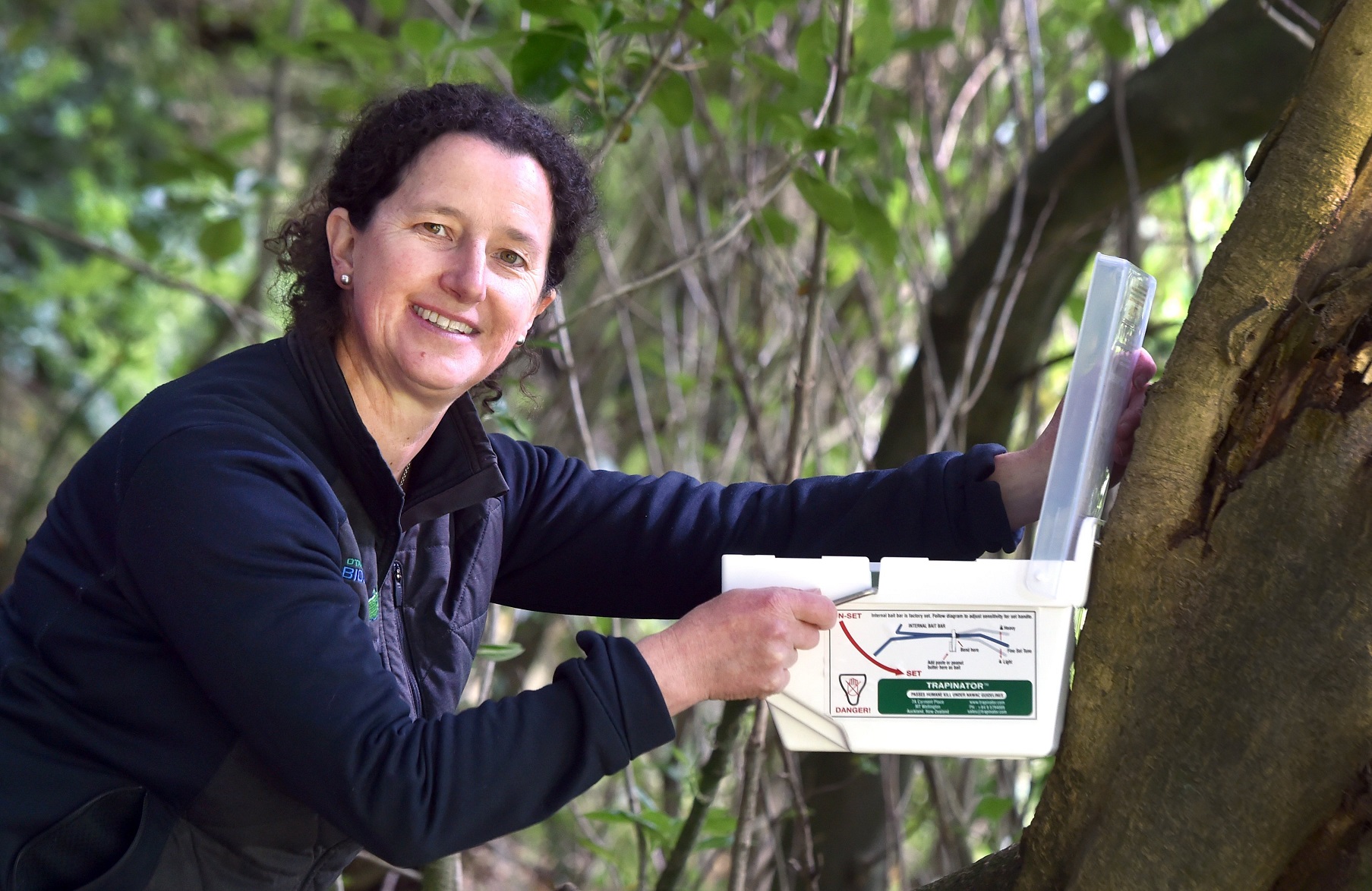
Sally Peart said the organisation had good reason to celebrate its contribution to the national goal of eradicating possums, stoats and rats by 2050.
And birdsong in the city was increasing.
"We are consistently reminded of how our mahi is benefiting our local environment with reports of increases in numbers of tūī, kererū [New Zealand pigeon], pīwakawaka [fantail] and riroriro [grey warbler] in our local communities," she said.
The organisation’s annual report was presented to the Otago Regional Council’s environmental implementation committee yesterday.
In its foreword, Ms Peart lauded the work of the organisation’s delivery partners: the Otago Peninsula Biodiversity Group, The Halo Project and City Sanctuary.
Thermal drones and "scat dogs" were now being used to mop up the remaining few possums on Otago Peninsula’s outer areas.
A buffer zone established to support the elimination goals on the peninsula was among the important work done by the City Sanctuary team.
And the Halo Project was trialling an artificial intelligence (AI) tool that integrated with automatic, self-resetting traps the project used.
Ms Peart said Predator Free Dunedin had been working with its delivery partners to make sure that the skills learned by staff and volunteers were transferable to other partners.
"The board is mindful of some of the challenges ahead, with funding for Predator Free 2050 only guaranteed until 2025.
"While we hope the incoming government remains committed to the kaupapa in the predator-free space, we are also focusing on additional funding opportunities."
Project lead Rhys Millar told councillors as a core member the council had been fundamental to the collective’s success since the start, in 2018.
To date, it had received $8.5 million from Predator Free 2050, the council, the Dunedin City Council and forestry companies New Forests, Wenita Forest Products and City Forests.
"Our vision is to return the dawn chorus to Dunedin, that’s why we exist," he said.
Early returns showed increased forest cover at Mihiwaka, an increase from an average 62% forest cover in 2016 to nearly 74% in 2020.
Kākā sightings had increased "markedly", as had tūī, bellbird and kererū.
Kererū were now being seen further out on the peninsula, where they had not been seen in years, he said.
He said over the past five years Predator Free Dunedin had removed nearly 60,000 possums, nearly 2000 mustelids, and more than 20,000 rats from the city.













